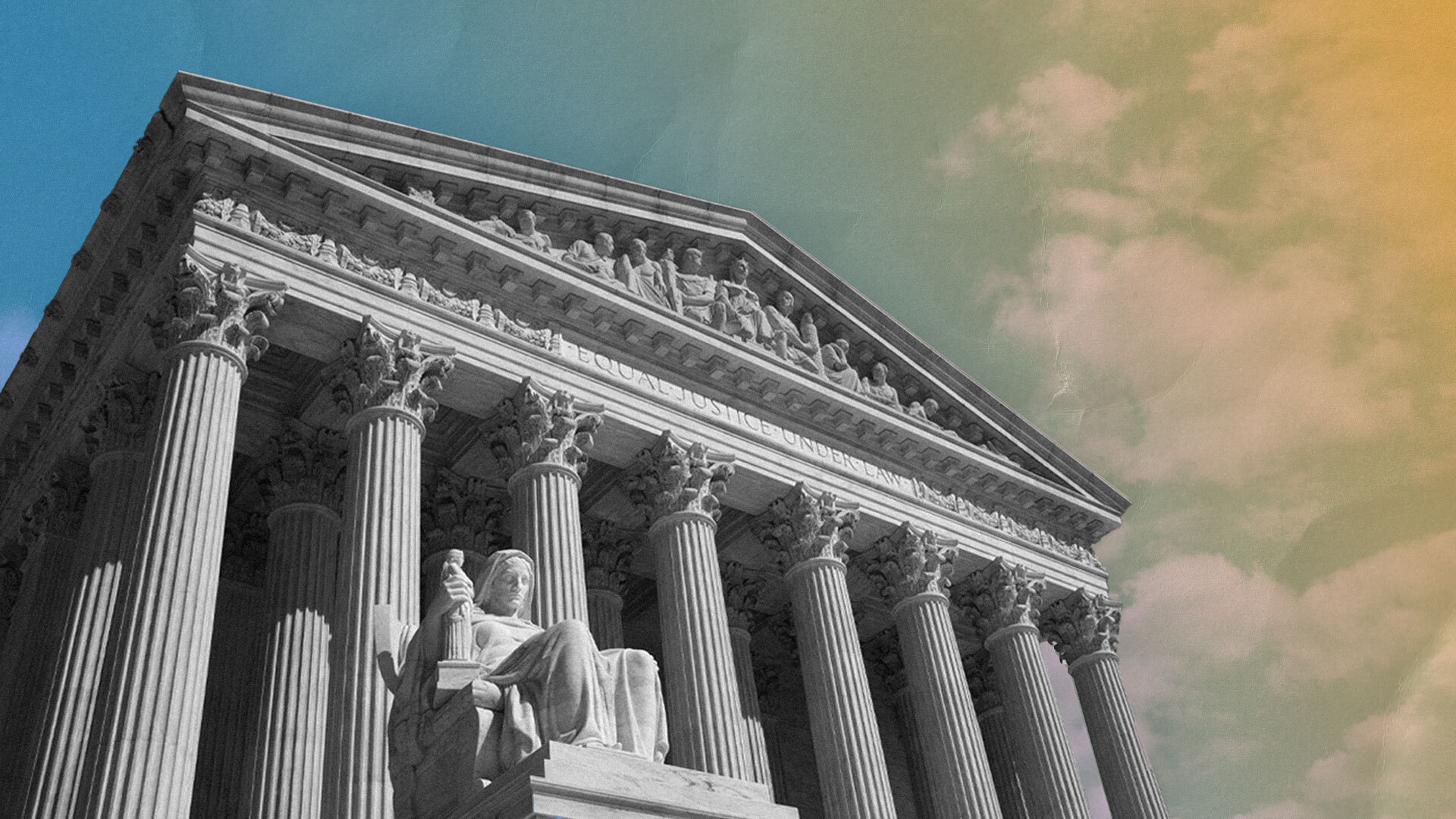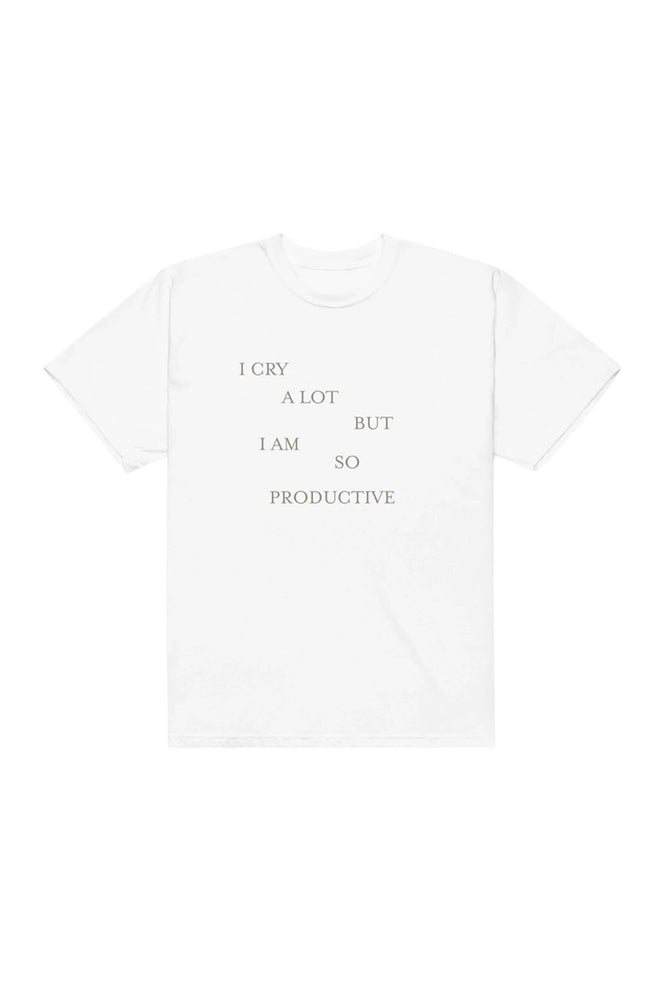More than a year after Dobbs, and the reality of reproductive rights in this country keeps getting worse. As many predicted, the end of legal abortion and miscarriage care in many states has led to increased maternal death, decreased pregnancy care, and horrifying stories of pregnant people going to desperate and nightmarish lengths to get the medical treatment they desperately need and deserve, or being criminalized for failing to have the “appropriate” end to their pregnancies. And while those of us on the side of choice and reproductive autonomy have known what those consequences would look like for years, much of the country is learning about the costs for the first time.
Implicit assumptions about pregnancy, miscarriage, abortion, and the safety and ease of childbirth have dissolved in a deluge of real stories of people forced into parenthood they could not choose or made to suffer needlessly for the sake of being pregnant. The resulting reckoning around the tangible misery of forced birth and neglected miscarriage care has given support to abortion and autonomy measures even in conservative states by exposing the damage done across our entire society. Yet our understanding still hasn’t captured the degree to which abortion restrictions have further entrenched existing inequalities and demonstrated whose autonomy we value least.
Of late, the story of Kate Cox has captured the discourse around abortion rights in this country, as the Texas woman sued the state for the right to receive an abortion for a lethal fetal diagnosis that, if forced to term, could also permanently alter her health. Her fight for her right to manage her pregnancy on her own terms revealed the “exceptions” of the Texas abortion law to be little more than window dressing. Despite her tragic story and obvious pain in ending her pregnancy, her demonstrated commitment to motherhood and her sympathetic white womanhood, the Texas Supreme Court insisted upon Cox giving birth regardless of the effect it would have on her, and then added that she could try to follow through on her abortion, if she was willing to accept the possibility of criminal charges.
So Kate Cox left the state to get care.
The ability to do so is often not an option for many people with unwanted pregnancies or health emergencies, especially poorer women and women of color. Already pathologized under racial constructs that see us as sexually uninhibited, prone to thoughtlessness about our reproductive choices, and reckless and irresponsible parents, Black women in particular are vulnerable to having our pregnancies and reproduction undervalued and diminished, while being harshly judged for pregnancies that end in miscarriage or stillbirth.
So is the story of Brittany Watts, an Ohio woman whose 22-week miscarriage has been turned into a criminal case by the state, for the sake of an event that happened just weeks before Ohio voters enshrined a right to reproductive autonomy in the state constitution. Watts miscarried a non-viable fetus while using the bathroom, and is now being pursued by prosecutors on an “abuse-of-corpse” charge, alleging that she callously mistreated her unfinished pregnancy. And all of this is happening because she didn’t react to the end of her pregnancy the way legislators and prosecutors and police thought she should.
Brittany Watts is facing two years in prison.
She would not be the first either. Dozens of women are locked up every year over charges around ending pregnancies, miscarrying, or using drugs or alcohol while pregnant. One of those women is Brittney Poolaw, a Native woman from Oklahoma who was convicted to a four-year prison term in 2021 for admitting to drug use after miscarrying 16 or 17 weeks into pregnancy—barely six months before the Supreme Court would confirm their ruling in Dobbs. Poolaw was arrested after seeking professional medical treatment for her miscarriage and acknowledging her substance use in an effort to inform her physicians. Not only did her pregnancy end well before any standard of viability, but pathologists couldn’t confirm that her methamphetamine use was the cause of the miscarriage. Nonetheless, Poolaw is appealing the decision from prison because as a young, substance-using Native woman, she did not receive respect for her autonomy or acknowledgment of her rights.
These stories of subjugation, repression, and control are now the stories of a nation. This is what it means to prioritize the possibility of a person over the living, breathing reality of the one who’s already here. After taking for granted the fundamental right to privacy over our bodies, our pregnancies, and the fates that befall them, we are learning what it will mean to endure without them, and who will be most exposed without that protection. It’s up to us if these are the stories we’re willing to write for generations to come.










































